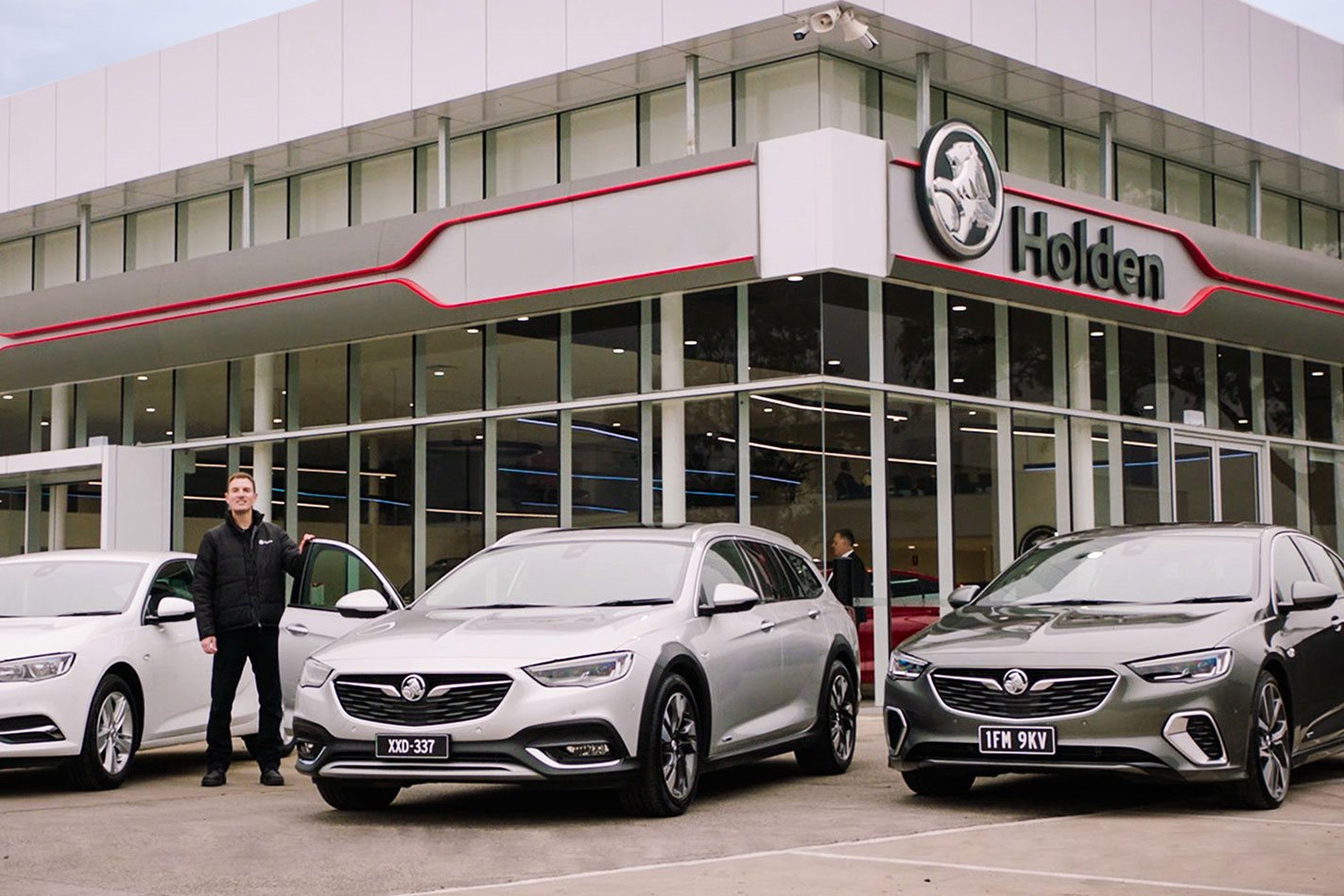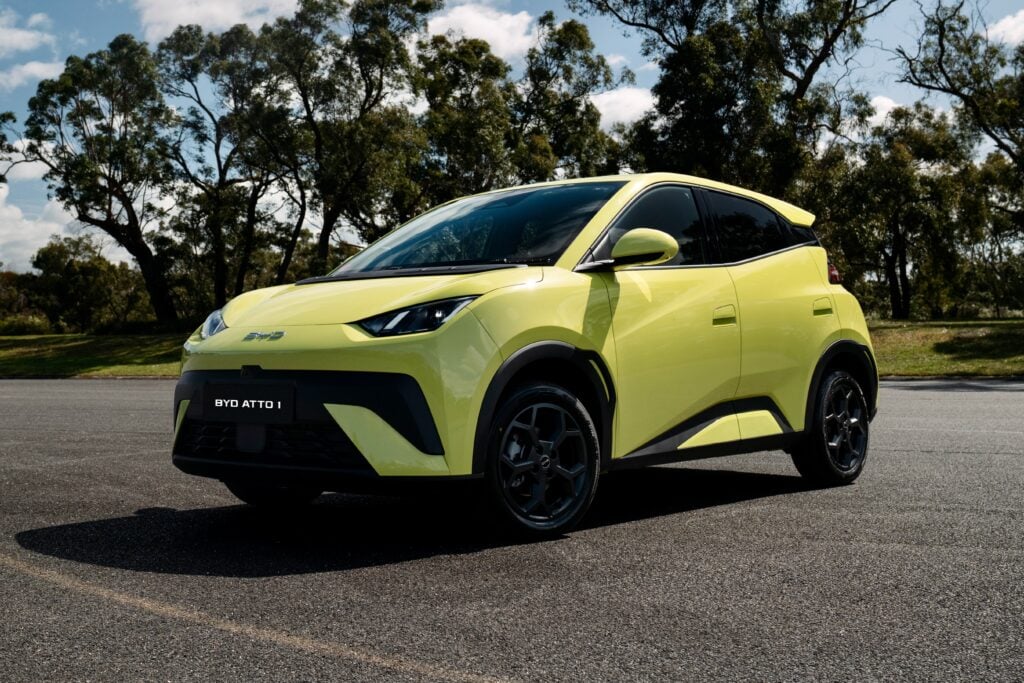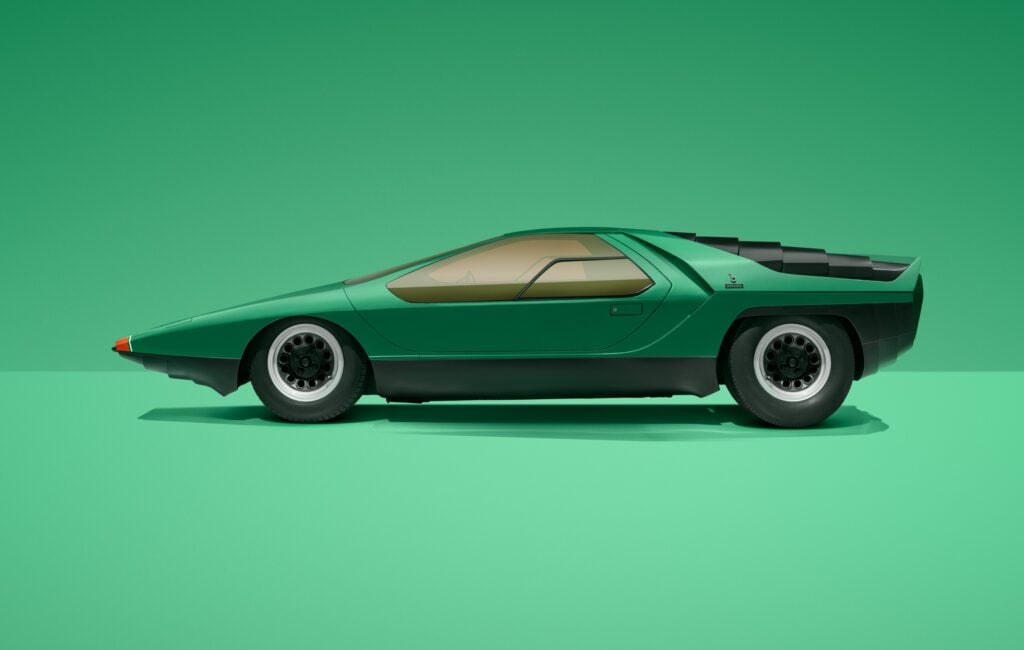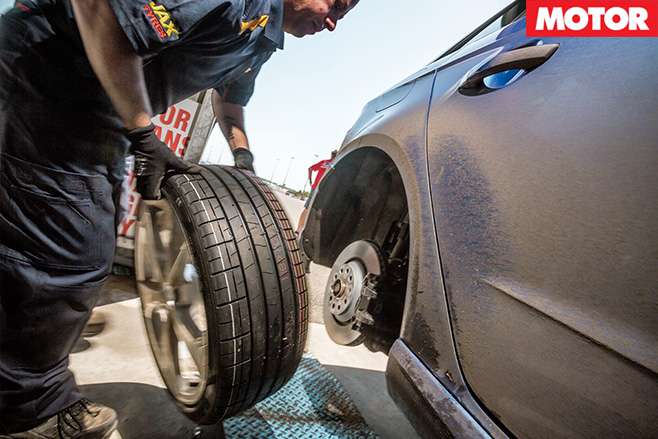Have you ever finished a relationship and then sit there, slightly dazed and bemused, wondering whether you were the dumper or the dumpee? For many of us, that’s how we feel about Holden.
Australians have voted with their wallets and it’s clear that the love has gone and all that’s left are those gnawing feelings of doubt and recrimination.
The rot started in 2004. Holden’s sales have decreased in every year since, bar a post-GFC blip in 2010. Now, with the announcement that Commodore and Astra are to be culled next year, Holden is set to become solely an importer of pick-ups and SUVs. Meat pies and kangaroos will still be available in 2020 but Holden cars will be but a memory.
It’s clear that 2010 was pivotal. Just as Holden looked as if it might recover, General Motors sent a clear signal by killing Pontiac. The G8 shifted 23,157 cars in 2009, that’s still about the same as the last year of Commodore VFII sales, so not insignificant. But axing the G8 in June 2009 as part of GM’s Chapter 11 reorganisation of assets demonstrated to Holden that its export aspirations would be severely curtailed.
The VF was introduced four years later as the Chevrolet SS, but it was a half-hearted effort, that car shifting 12,860 units between 2013 and 2017. Americans found the styling dull, the pricing high and the marketing strategy seemed to be modelled on a Pentagon black project.
By then, the writing was on the wall. The decision had been made to axe local production. Holden had managed to fire several rounds into its own feet by that stage.
Here in Australia the market was shifting and Holden seemed ill-equipped to adapt. When, in 2012, the Commodore was deposed as the nation’s best-selling car after 15 years at the top of the charts, it wasn’t a Falcon, a Camry or a Magna that usurped the throne. It was a Mazda 3, a vehicle that signalled a very different buying intention from Australians. And to make matters worse, Holden had no rival, the Astra not being sold in Australia between 2009 and 2015.
Catastrophic planning decisions such as this, not to mention badging the ZB a Commodore, having no credible rival to the Ford Territory, managing only a half-hearted hybrid toe in the water, retaining a focus on large sedans for way too long, taking its eye off customer service, and many other pratfalls have led Holden to where it is today which, in case you were wondering, is outside the top 10 sales positions in Australia and outsold by Mercedes-Benz amongst others.
“This was just pure mismanagement to let a company down like this,” said father of the Commodore, Peter Hanenberger. “I just couldn’t believe it.” In an interview with GM Authority, Hanenberger was extremely pessimistic about Holden’s prospects, likening GM’s perspective to that of Donald Trump’s ‘America First’ campaign sloganeering.
The engineer views GM as an insular business with little overseas interest. “It’s global,” he remarked of the auto industry. “I think there will be no GM in the near-future,” he added.
So, perhaps, like so many failed relationships, it’s a bit of both sides. A combination of General Motors’ short-sightedness and a toxic blend of complacency, powerlessness and regressive product planning from Holden coupled with changing buyer behaviour left the Lion high and dry. Last month it sold 2668 cars, compared to 5125 in the same month last year. The Commodore sold less than 10 percent of what it could shift in the glory days of 1998. As recently departed boss Dave Buttner admitted this year, “we recognise we’re a challenger brand.”
General Motors deserves its current largely self-inflicted problems. The issue we have at Wheels is knowing that there were very dedicated and very talented people at Holden who, when they were equipped properly, made the business punch well above its weight. Some of them are still there. And while they are, Holden could still show why it became the keystone of the Australian motoring landscape. It’ll take an unprecedented cultural change to turn things around though. Like we said: it’s complicated.






